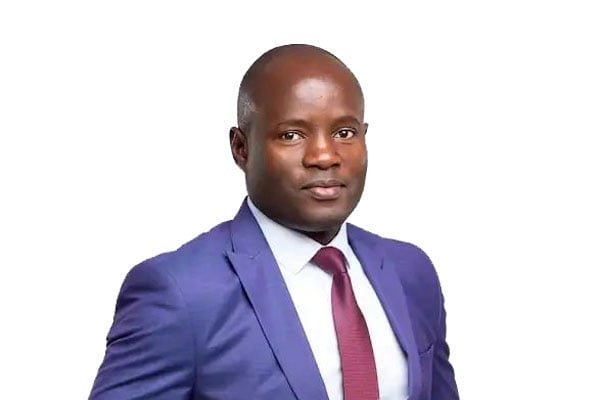World Refugee Day: Let’s embrace hope and inclusion for refugees

Mr Frank Walusimbi
What you need to know:
- Human connections and a sense of belonging are essential for individuals far away from their homes. By opening our doors and hearts to refugees, we can sow the seeds of hope, empathy, and make them feel valued.
Today, the world commemorates World Refugee Day, with Uganda’s main celebration taking place in Palabek Refugee Settlement, Lamwo district, in northern Uganda.
As we mark this day, there is ongoing fighting and persecution worldwide, which has led to a surge in the number of people seeking safety away from their homes. Globally, there are over 100 million displaced people, with 35.3 million of them being refugees.
In the East and Horn of Africa, where Uganda is located, Sudan, the Democratic Republic of Congo (DRC), and Somalia continue to experience fighting and unrest. South Sudan faces unpredictable conditions, resulting in new asylum seekers being received in neighboring countries. Climate change also drives displacement, with Djibouti witnessing a significant impact.
On this year’s World Refugee Day, we are reminded of the power of inclusion, for refugees to find hope away from home, and the urgent need for solutions to address the global refugee crisis. In Uganda, where over 1.5 million refugees from various nations seek sanctuary, this day holds particular significance.
South Sudanese refugees constitute the largest number at 56 percent of the total population, followed by Congolese refugees at 32 percent. Despite the immense challenges, Uganda continues to generously host and support families from South Sudan, the DRC, Somalia, Burundi, Rwanda, Eritrea, and other countries. These individuals, just like us, had normal lives before their displacement.
Uganda’s open-door policy ensures that refugees are welcomed, registered, allocated land, provided legal documents, and granted access to national services. However, the refugee response remains underfunded, affecting vital sectors such as health, education, water and sanitation, environment, and food and nutrition.
This year’s World Refugee Day theme, Hope Away from Home, calls for collective support to help refugees rebuild their lives, become self-reliant, and be included in their host communities. In line with this, UNHCR emphasizes that hope for refugees is not just a wish but a sense of becoming rooted in action. Empowering refugees to take control of their lives is vital.
Inclusion plays a significant role by providing access to essential services, employment opportunities, and freedom of movement. While Uganda grants refugees these rights, excluding the right to vote, solidarity is equally crucial in cultivating hope. By opening our hearts and doors to refugees, we can sow seeds of hope, empathy, and make them feel valued.
Human connections and a sense of belonging are essential for individuals far away from their homes. By opening our doors and hearts to refugees, we can sow the seeds of hope, empathy, and make them feel valued.
Host communities in Uganda have experienced improvements in education, healthcare, and infrastructure, thanks to the resources allocated through support from partners.
However, long-term solutions are key to addressing the refugee crisis globally. These solutions require peace for safe returns, increased resettlement opportunities, and enabling refugees to thrive in their host communities. The voluntary return of 11,349 Burundian refugees back home is a notable example of long term solutions supported by Uganda, Burundi, Tanzania and UNHCR. Regionally, since 2017, over 200,000 Burundians have returned home.
Refugees yearn for education, the ability to provide for their families, and the opportunity to form connections within their host communities. Refugees seek opportunities, not handouts. Across the 13 settlements in West Nile, mid-west and southwest regions, there is a remarkable display of entrepreneurial potential among the refugee population. These men and women possess exceptional talents and engage in various trades, such as cereal milling, shoemaking, crafts making, carpentry, and more.
Many of these enterprising individuals arrived in Uganda within the last eight years, and their contributions to the socio-economic landscape of the country are truly remarkable. Some of their businesses now employ nationals as well. Both host countries and host communities require greater investment and support to improve services and opportunities for them, and the refugees.
On this World Refugee Day, let us support inclusion and recognize that refugees are individuals seeking connection, opportunities, and the ability to rebuild their lives with hope.
The author, Mr Frank Walusimbi is the associate Communications Officer at UNHCR Uganda.




